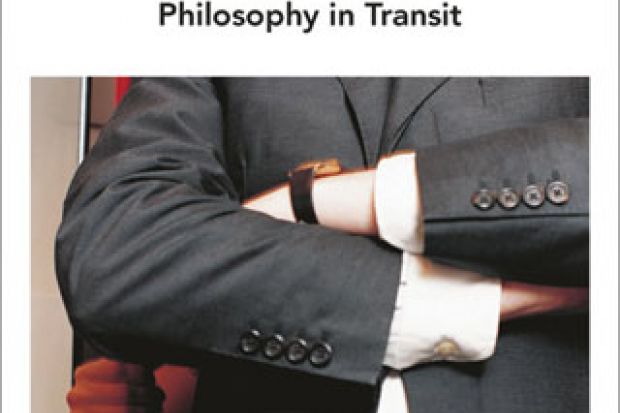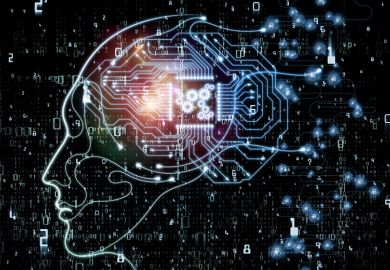“We need to consult a grown-up,” I once said to a younger friend who was in trouble, and then suddenly realised that I was a grown-up myself. Who, asks the philosopher Susan Neiman, ever thinks of themselves as an adult, and particularly in our infantilising culture? Peter Pan and Michael Jackson, in their fatal attempts to be perpetually youthful, are the true emblems of our times. In a “perfidious reversal”, we imagine that our maturity is to be gauged by our job and status in the consumer economy and the up-to-dateness of our latest technological gadget, and we dismiss ideas of a fairer and more humane society as fatuous childish dreams. But, says Neiman, smartphones and cars are toys; true maturity is struggling to translate ideals into reality.
Moral Clarity, Neiman’s 2008 book in defence of the Enlightenment, was subtitled A Guide for Grown-Up Idealists. In Why Grow Up?, she also upholds what she considers to be the true nature of the Enlightenment – “reason’s coming of age” – while arguing that each human individual, like a microcosm of human (or at least European) history, must live through an Enlightenment of their own. Each of us has to move from childish wonder to the realisation that things are unjust, that there is a gap between the world as it is and as it should be. But it is easy to get stuck in this sceptical phase and to remain the adolescent who has seen through adult hypocrisy and convention, determined that “we won’t get fooled again”, as The Who put it. This itself can become a sort of dogmatism, and we need to work through it to the next stage in which we learn to think for ourselves without succumbing to despair, and try to fight injustice. “Can philosophy find a model of maturity that is not a model of resignation?” asks Neiman, and she looks at various Enlightenment philosophers who have tackled the problem of “growing up properly”.
From Plato’s Republic onwards, education was designed to shape the child into conformity with the state. Childhood, shown in the stiffly garbed “smaller-sized adults” of pre-Enlightenment portraits, was considered “a faulty version of adulthood”. Neiman calls Jean-Jacques Rousseau the inventor of childhood. He was concerned with human development for its own sake, advocating that babies be breastfed and children dressed comfortably, insisting that education be about learning through experience (calculating at what angle the ladder must lean for picking cherries), teaching children to think for themselves. Neiman is partisan about Rousseau. Immanuel Kant is presented as virtually his creation, David Hume as a pygmy in comparison. She calls Rousseau’s attitude to women “disappointing” (an understatement of his inconsistent atavism in urging half the human race to be as conformist and submissive as he demands the other half not be) and alludes apologetically to how, despite all his pieties about childhood, he assigned his own five illegitimate children to orphanages. More worryingly, Neiman never really addresses how, even though Émile is an enlightened treatise on how a clever, devoted adult could single-handedly educate a boy in rural 18th-century Switzerland, it should be applied to contemporary schooling.
Surely the child-centred heuristic model Rousseau inspired has proved impractical, at the very least, and arguably has contributed to educational decline, as well as to the cultural infantilisation that Neiman deplores. This failure to say how her philosophical examples, and broad-brush declarations, are to be implemented is characteristic of Why Grow Up?. It is full of fascinating insights, but overall is puzzlingly empty on the problem that it tries to tackle. “Being grown-up is itself an ideal,” says Neiman, but she provides few clues about how to achieve it.
Why Grow Up?
By Susan Neiman
Penguin Books, 240pp, £8.99
ISBN 9780141977560
Published 25 September 2014





